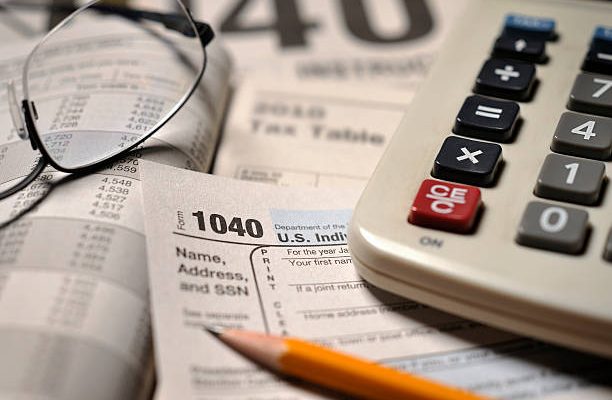Tax season can feel overwhelming. Many of us struggle to understand the complexities of tax laws and regulations. A Certified Public Accountant (CPA) can be a valuable ally during this time. They help ensure accuracy and maximize returns. CPAs bring expertise to the table, offering guidance through the intricate tax landscape. They can also provide advice on deductions and credits, making sure nothing is overlooked. With their help, you can avoid common pitfalls and penalties. A CPA can also save you time by handling paperwork and submissions. Some firms even offer outsourced CFO services in Sarasota, FL, providing comprehensive financial management beyond tax season. By enlisting a CPA, you gain peace of mind. You know your taxes are in capable hands. This partnership allows you to focus on other priorities. As tax season approaches, consider the benefits of working with a CPA to make the process smoother and less stressful.
Understanding the Role of a CPA
CPAs are more than just number crunchers. They are licensed professionals with expertise in accounting, tax laws, and financial planning. Their training and experience equip them to handle complex tax situations. This is crucial when dealing with ever-changing tax codes. The IRS provides resources to understand this complexity, but a CPA can offer tailored advice to your situation.
Benefits of Hiring a CPA
Working with a CPA offers several advantages:
- Expert Guidance: CPAs stay updated on the latest tax laws and regulations. This ensures compliance and helps in finding potential savings.
- Time-Saving: Preparing your tax return can be time-consuming. A CPA can handle this, allowing you to focus on other responsibilities.
- Accuracy: With a CPA, errors are minimized. This reduces the risk of audits and penalties.

Comparing CPAs and Tax Software
Many wonder whether to hire a CPA or use tax software. Here’s a comparison to help decide:
| Criteria | CPA | Tax Software |
|---|---|---|
| Cost | Higher | Lower |
| Expertise | High | Low to Medium |
| Time Required | Less for you | More for you |
| Personalized Advice | Yes | No |
| Accuracy | High | Varies |
How to Choose the Right CPA
When selecting a CPA, consider these factors:
- Experience: Look for a CPA with relevant experience, especially if you have specific needs like small business taxes or investments.
- Reputation: Check reviews and ratings. Personal recommendations can also be valuable.
- Services Offered: Ensure they provide the services you need, such as tax planning or financial advising.
The IRS Tax Professionals page can help you verify credentials and find qualified CPAs.
Maximizing Your Tax Returns
CPAs can help identify potential deductions and credits. This can maximize your tax return. They understand the rules regarding education credits, home office deductions, and charitable donations. The IRS offers a guide on credits and deductions, but a CPA can provide personalized advice.
Planning for the Future
Tax season is not just about the present. CPAs help with future planning, too. They can offer advice on retirement savings or investment strategies. This can lead to long-term financial health. By working with a CPA, you gain insights that align with your financial goals.
The CPA-Client Relationship
A CPA is more than a service provider. They become a partner in your financial journey. Building a relationship with your CPA can lead to better outcomes over time. They gain an understanding of your financial situation and can offer better advice and strategies tailored to you.
In conclusion, a CPA can provide invaluable assistance during tax season. Their expertise, guidance, and personalized service can save you time and stress, ensuring accuracy and maximizing your return. Consider hiring a CPA to navigate the complex world of taxes and secure your financial future.



